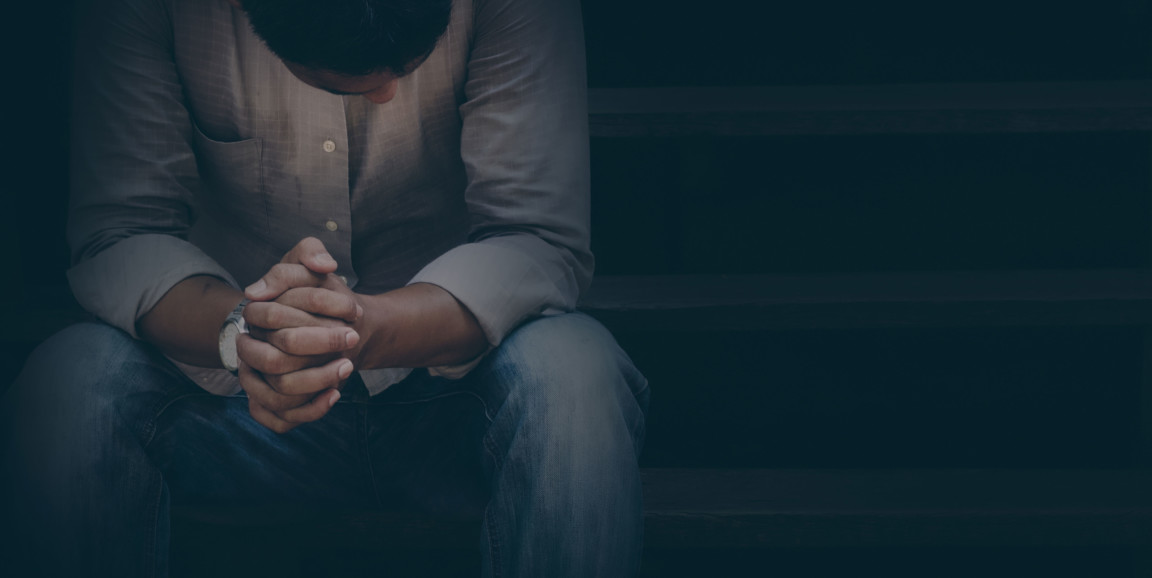If I learned anything on my psychiatry rotation, I learned not everybody in the psychiatric ward is outwardly ill, at least not like the characters in One Flew Over the Cuckoo's Nest. Obviously, there are patients with schizophrenia, people with bipolar disorder, and those who are catatonic, but you also have patients who voluntarily committed themselves to the hospital because they knew they were in trouble. If you had met one of them in public, they would seem like any other cheery stranger waiting in the grocery store line or walking down the sidewalk but, underneath, they came so close to suicide that they took a handful of pills to their mouth and all but decided to swallow. What was most impressive to me was that these patients not only admitted to themselves that they were struggling but they reached out for help.
If only medical students and doctors had the same courage and insight to ask for help more often. You've heard a lot about physician burnout and depression lately: A flurry of studies have shown the high rates of burnout and depression among doctors. An oft cited statistic notes that the suicide rate among physicians was the highest among any occupation, and another study found that more than one in four medical students experienced depression or depressive symptoms. One study said that nearly in one in two residents experience burnout symptoms.
There's no denying that doctors aren't good at taking care of their mental health, but it seems like even admitting to struggling is a problem. There was a recent opinion piece in the New England Journal of Medicine written by a surgery resident and seemingly glorifying the experience of working with a 102°F fever and pneumonia. But we're doctors, not martyrs. We're imperfect humans who sometimes need help, and there's no shame in that.
But it's not easy to admit that you need help when you work in medicine. In a profession in which grit and composure and resilience are prized, admitting burnout can be a sign of weakness. There's a reason why I chose to write this piece on mental health only after I've already secured a residency position. Depression or burnout are still seen as a stigma and talking about your feelings, let alone admitting to some sort of vulnerability, is seen a weakness and liability.
I've had residents and attendings pass along words of wisdom to me during medical school: Always go see the patient when in doubt, never run to a coding patient, keep your elbows at your side to stabilize your hands during a procedure. But there are things that were never said to me that I wish had been -- and that need to be said.
And so, to my fellow students and doctors in training: It's okay to be frustrated, tired, burnt out. It's okay to need a break. It's okay to fail. Sometimes being resilient and having grit aren't enough, because working in medicine is just plain hard. It's even okay to hate medicine during those times. To say that you haven't experienced these emotions would be self-delusion: It'd be finishing a marathon and telling yourself you're not even a bit out of breath.
And when you do feel a little out of breath, remember: It's okay to ask for help.
Stanford Medicine Unplugged is a forum for students to chronicle their experiences in medical school. The student-penned entries appear on Scope once a week during the academic year; the entire blog series can be found in the Stanford Medicine Unplugged category.
Steven Zhang is a fourth-year medical student. He will be starting his orthopedic surgery residency next year at the University of Pennsylvania in Philadelphia.
Photo by Shutterstock




